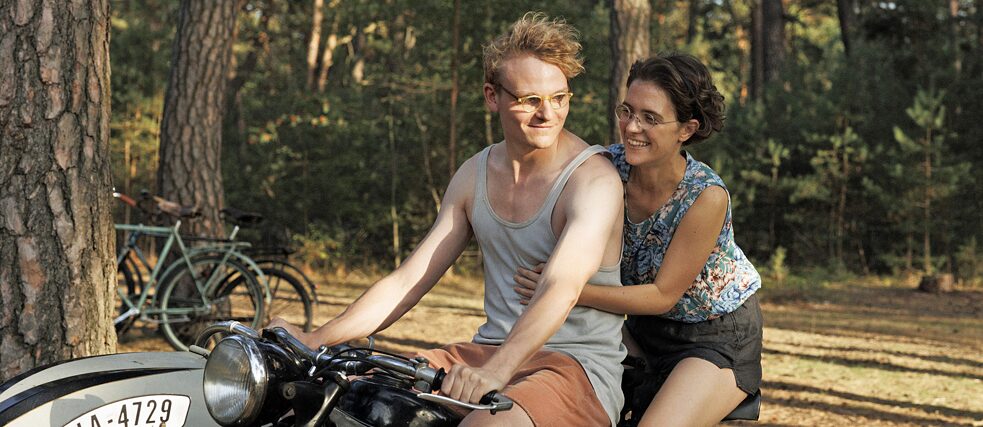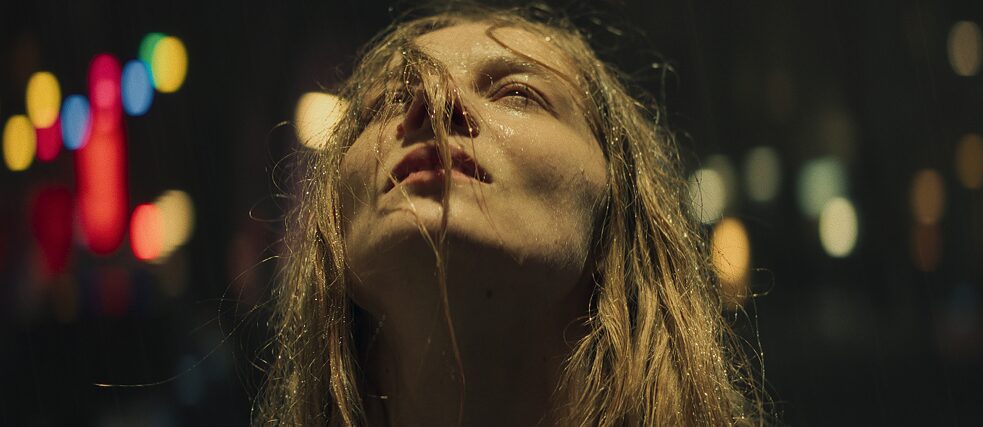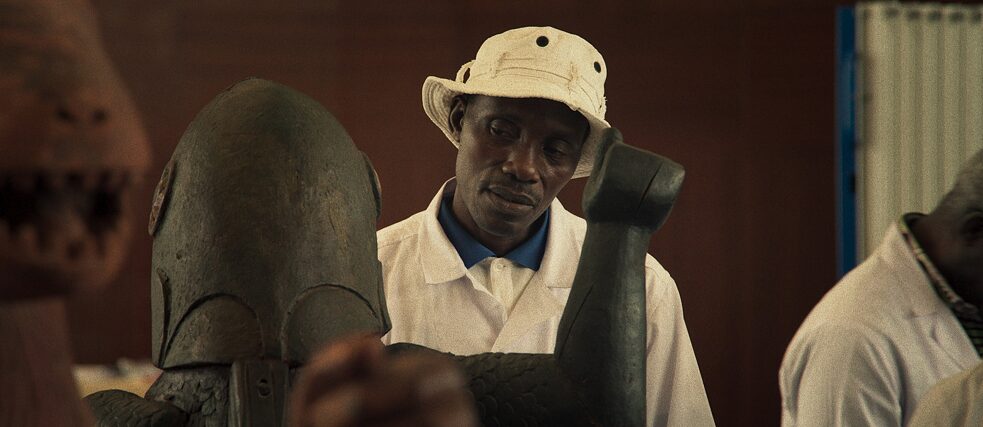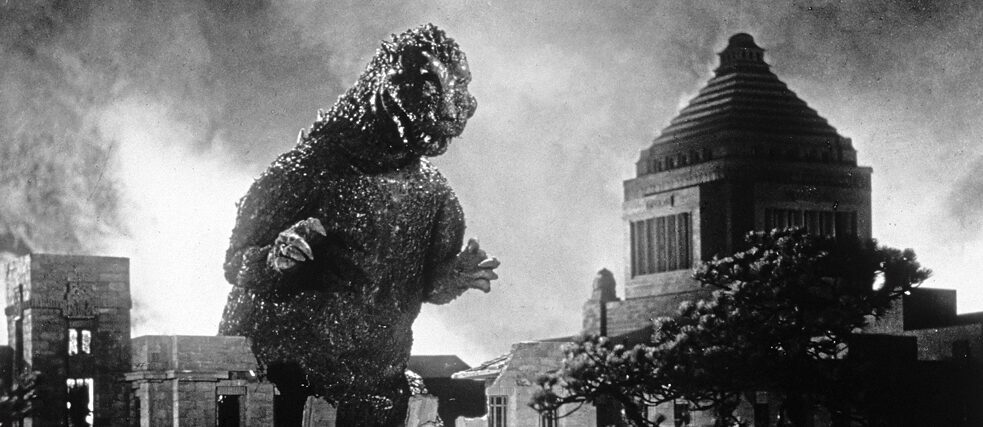Berlinale 2024
All Change for the Film Festival

The festival has slimmed down: two sections have been dropped, fewer films are showing overall. Meanwhile the international competition is represented by a promising selection of entries. Maybe the management team is heralding the future of the Berlinale with this pared-back last hurrah?
By Ula Brunner
It’s upon us already, the last Berlinale headed by executive director Mariette Rissenbeek and artistic director Carlo Chatrian in their five-year term of office. Around 230 films are showing at the 2024 edition of the world’s largest public film festival. As recently as 2023 there were still over 280, while during the era of their predecessor Dieter Kosslick there were in excess of 400. The Berlinale is tightening its belt more and more. The reasons for this are obvious: first there was the negative impact of covid, on top of that came inflation and spiralling costs – people have to save their money now. Two of the sections, Perspectives on German Cinema and the Berlinale Series, have been the first victims of budget cuts. The films will still be available to see, either spread across other series or in special gala showings.
Global competition
Carlo Chatrian’s newly created Encounters series remains unaffected though: 15 entries are represented in this category, including Manoj Bajpayee's The Fable, the second Indian film in 30 years to be nominated in a competitive section of the Berlinale. The International Competition reflects the usual diversity: 20 productions and coproductions from a total of 30 countries are competing for the Golden and Silver Bears. Once again, the selection highlights Carlo Chatrian’s cinematic intuition for innovative forms and stories. ”Another End“. Director: Piero Messina, with Gael García Bernal | Photo (detail): © Matteo Casilli / Indigo Film
”Another End“. Director: Piero Messina, with Gael García Bernal | Photo (detail): © Matteo Casilli / Indigo Film
The past, the future and a hippopotamus
Hors du Temps can be interpreted as a reminiscence of the recent covid pandemic in movie format, filmed by Olivier Assayas in his parents’ country estate during lockdown. The Franco-German documentary film Architecton by Victor Kossakovsky by contrast is about the building materials concrete and steel – including the question of how we want to live in future. And in his fourth full-length film Pepe, Nelson Carlos De Los Santos Arias – a filmmaker from the Dominican Republic – casts a hippo as the narrator, telling the story of how it ended up in a private zoo belonging to a Colombian drug baron. According to Carlo Chatrian, the film is the least “classifiable” entry in the competition. That piques the interest.Intensity of life
Two renowned German directors are in the race for the Bears, in the shape of Andreas Dresen and Matthias Glasner. In Liebe, Eure Hilde (From Hilde, with Love) remembers Nazi resistance fighter Hilde Coppi (Liv Lisa Fries), who was executed in 1943 in Berlin. The screenplay was another effort from Laila Stieler, who received a Silver Bear in 2022 for Dresen’s Rabiye Kurnaz gegen George W. Bush (Rabiye Kurnaz vs. George W. Bush). “Dying” by Matthias Glasner, with Lilith Stangenberg | Photo (detail): © Jakub Bejnarowicz / Port au Prince, Schwarzweiss, Senator
“Dying” by Matthias Glasner, with Lilith Stangenberg | Photo (detail): © Jakub Bejnarowicz / Port au Prince, Schwarzweiss, Senator
African cinema and repression from Tehran
The surprise: African movies are strongly represented in this year’s main programme with three productions, even though it was long considered uncharted territory in a world cinema context. Black Tea by doyen Abderrahmane Sissako tells the love story of a young woman from the Ivory Coast and an older Chinese man. The documentary Dahomey (Mati Diop) on the other hand focuses on the colonial plundering of art treasures. Tunisian filmmaker Meryam Joobeur makes her full-length movie debut with Who do I belong to. ”Dahomey“, director: Mati Diop | Photo (detail): © Les Films du Bal – Fanta Sy
”Dahomey“, director: Mati Diop | Photo (detail): © Les Films du Bal – Fanta Sy
Dialogue and rarities
The festival is once more using its appeal to promote open dialogue and peaceful discussion. The co-director duo takes a clear stance against racism and “any form of discrimination”. In relation to the current war in the Middle East for instance, there will be a mobile “Tiny House” – a space that provides an opportunity for dialogue about the Israeli-Palestinian conflict. A panel is moderating the filmmaking during times of crisis. “Gojira” by Ishirō Honda, Berlinale Classics 2024 | Photo (detail): © 1954 TOHO CO., LTD.
“Gojira” by Ishirō Honda, Berlinale Classics 2024 | Photo (detail): © 1954 TOHO CO., LTD.
But it’s not all meant to be about crisis at this 74th Berlinale. The spotlight will be on cinema – and its stars: Cillian Murphy and Emily Watson from the opening film Small things like these aim to be there. Gael García Bernal, Rooney Mara, Isabelle Huppert, Carey Mulligan, Paul Dano and Kristen Stewart have announced their plans to attend. We’re looking forward to seeing Martin Scorsese, who will be awarded the Honorary Golden Bear for his lifetime achievement. Or to cinematic rarities like the digitally restored original version of the Japanese Godzilla classic Gojira from 1954 – or the 14-hour Greek documentary film exergue – on documenta14.
All in all, the reduced programme does appear to be a winner – after all it allows the individual productions a higher profile in an international context. Maybe Chatrian and Rissenbeek are giving us a glimpse into the future of the Berlinale with the slimmed-down format they have initiated.